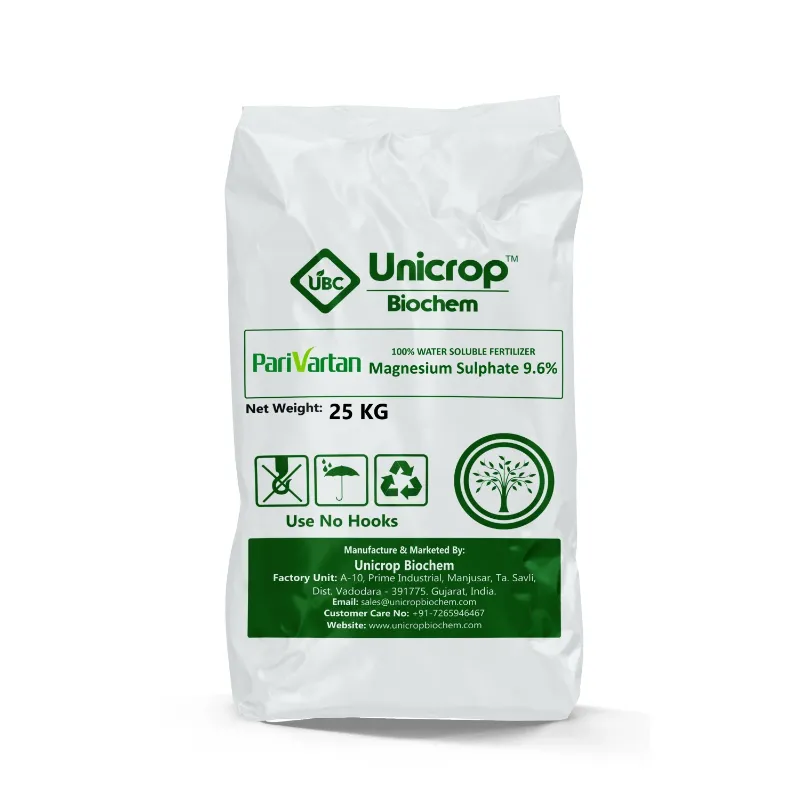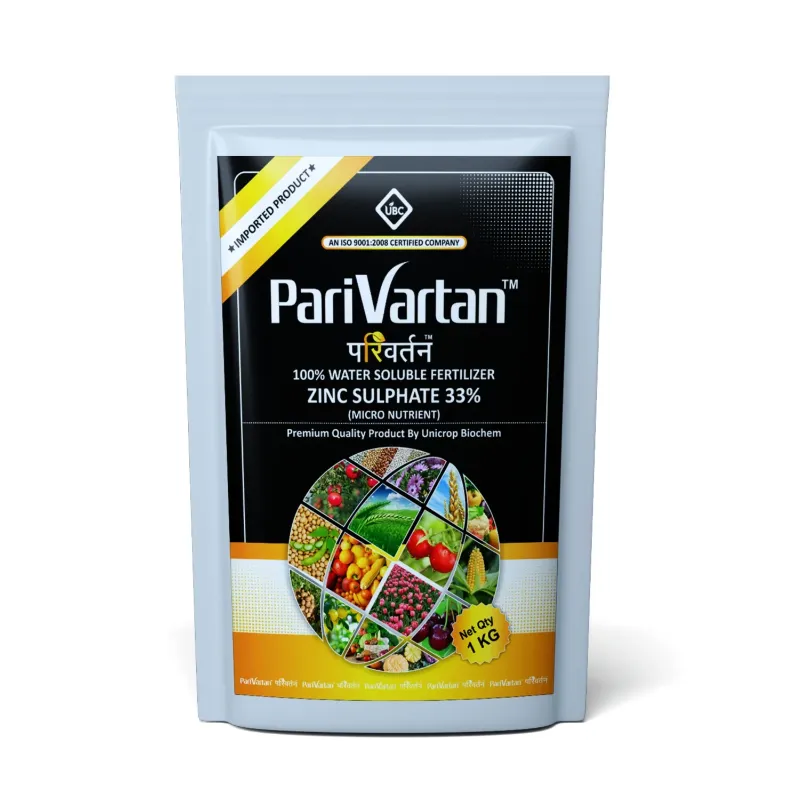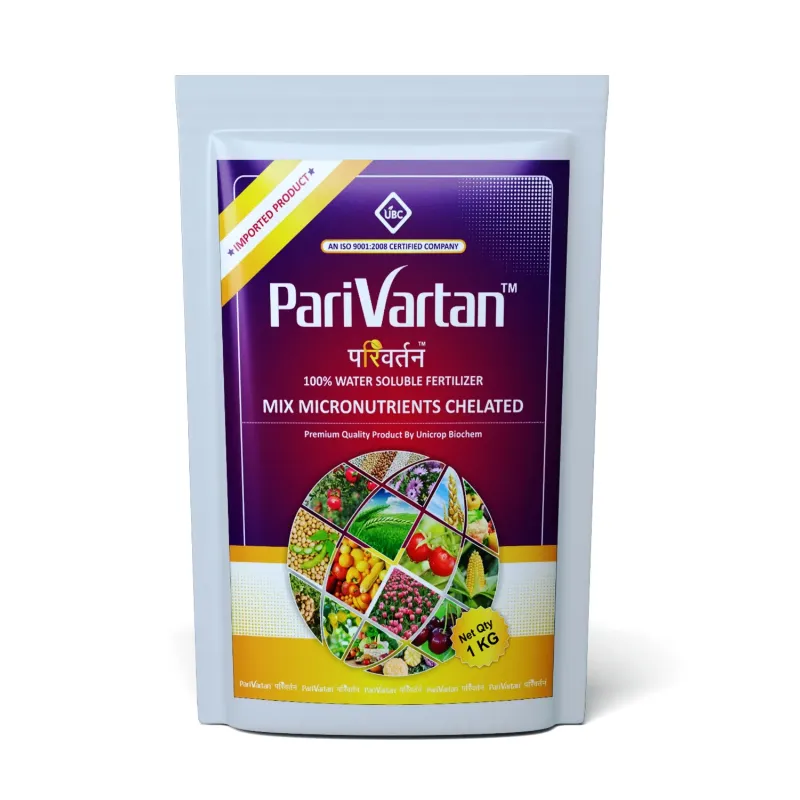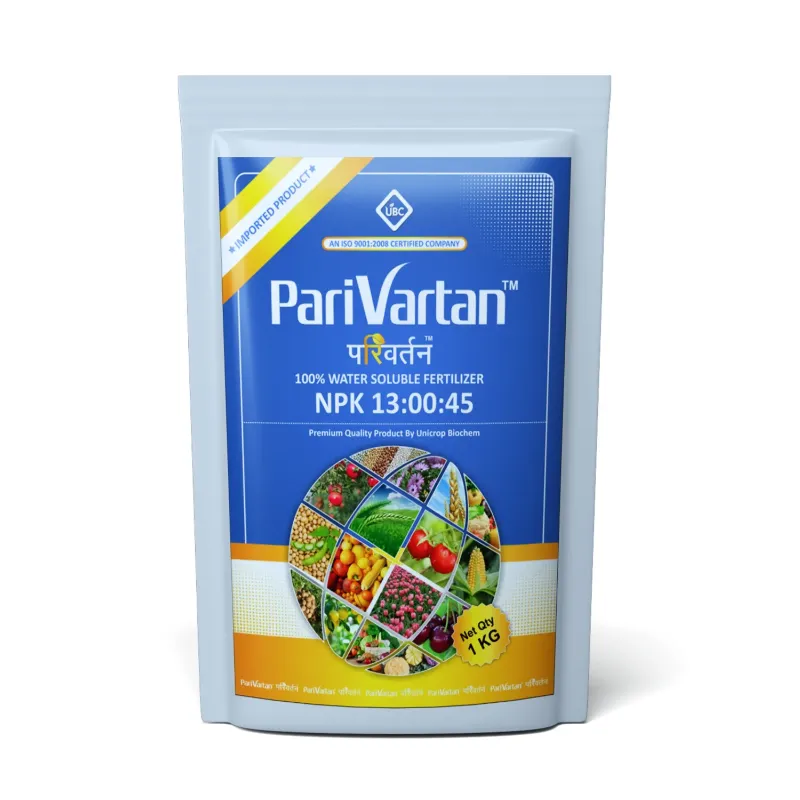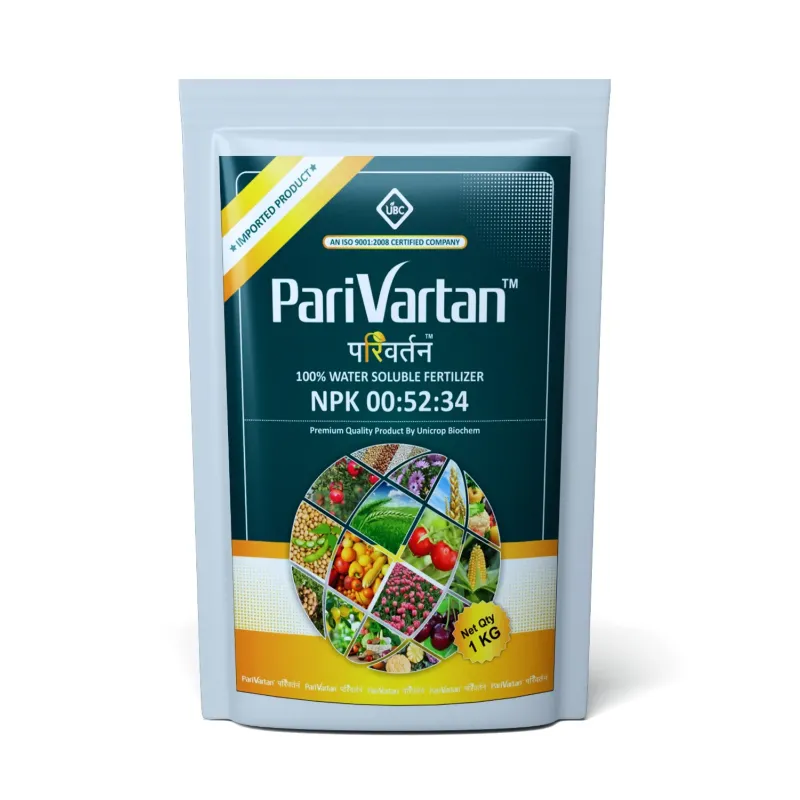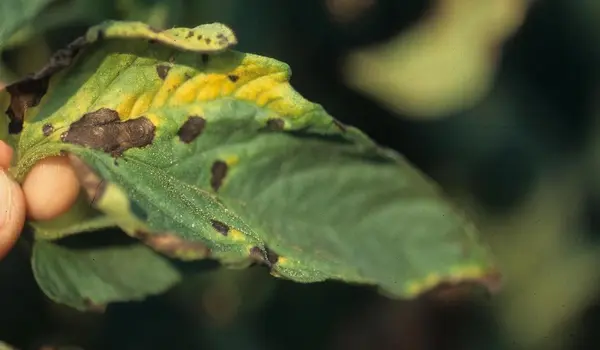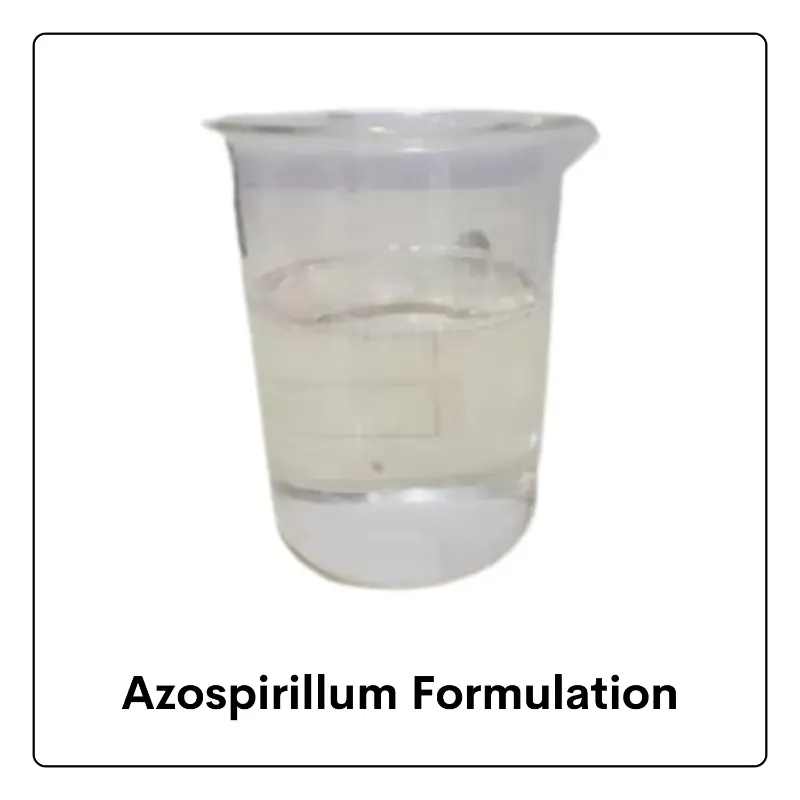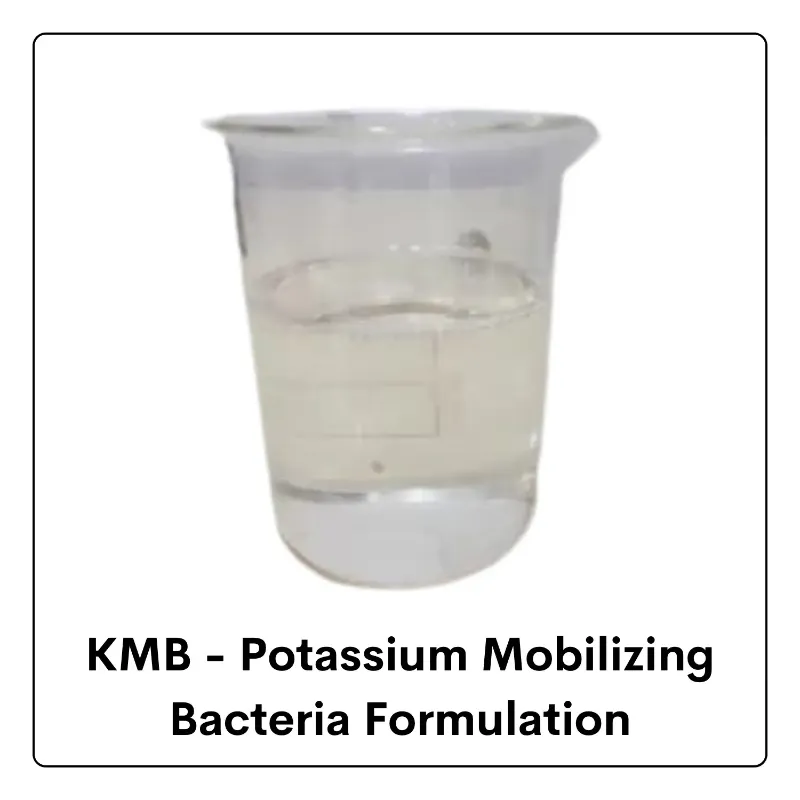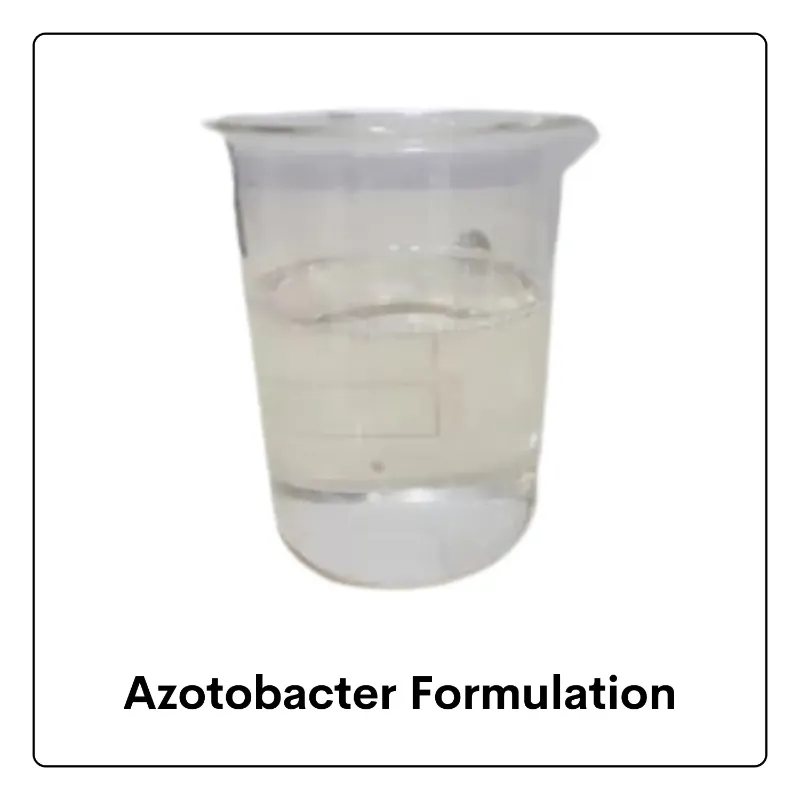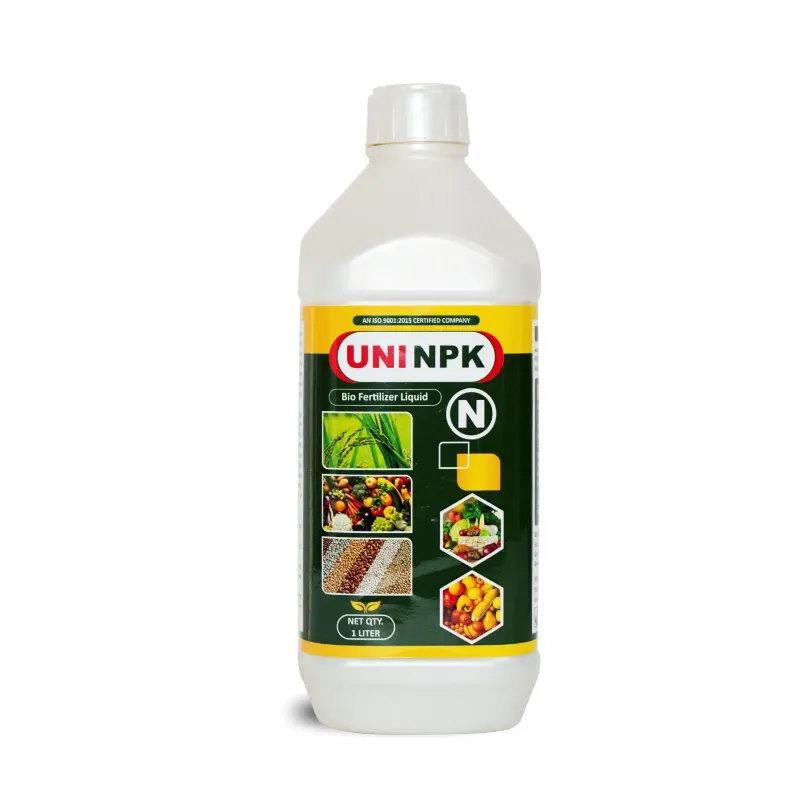Bacterial diseases can seriously affect plant health and crop yields. These diseases, caused by bacteria, can spread quickly, especially in warm and humid conditions. Knowing the common bacterial diseases, recognizing their symptoms, and understanding how to manage them is essential for protecting your plants.
Understanding Bacterial Diseases in Plants
Bacterial diseases in plants occur when harmful bacteria invade plant tissues. These bacteria often enter through natural openings, wounds, or through insect activity. Once inside, they multiply quickly and cause a variety of symptoms, depending on the type of bacteria and the plant involved.
Common Bacterial Diseases in Plants
1. Bacterial Wilt
- Cause: Ralstonia solanacearum
- Affected Plants: Tomatoes, potatoes, peppers, and eggplants.
- Symptoms: Plants suddenly wilt, usually starting with one branch and spreading. The leaves might stay green even though the plant wilts. If you cut the stem, you might see a slimy, milky liquid, which is a sign of the bacteria.
- Impact: Bacterial wilt can quickly kill plants, leading to significant crop losses.
2. Fire Blight
- Cause: Erwinia amylovora
- Affected Plants: Apples, pears, and other fruit trees.
- Symptoms: The disease causes a “burned” look on blossoms, shoots, and leaves, turning them black or brown. It gets its name from the scorched appearance of the affected parts. In severe cases, entire branches can die.
- Impact: Fire blight spreads easily and can cause extensive damage to fruit trees.
3. Bacterial Leaf Spot
- Cause: Xanthomonas spp., Pseudomonas syringae
- Affected Plants: Tomatoes, peppers, and leafy greens.
- Symptoms: Small, water-soaked spots appear on the leaves, which eventually turn brown or black. Sometimes, these spots are surrounded by a yellow halo. If severe, the leaves might fall off early, weakening the plant.
- Impact: This disease can cause significant losses, especially in leafy vegetables like lettuce and spinach.
4. Bacterial Canker
- Cause: Clavibacter michiganensis
- Affected Plants: Mainly tomatoes.
- Symptoms: Causes wilting, stunted growth, and cankers on stems that ooze a sticky substance. Infected fruits may develop spots, and in severe cases, the entire plant may die.
- Impact: Bacterial canker is a serious problem in tomato plants, as it spreads easily and can greatly reduce yields.
5. Crown Gall
- Cause: Agrobacterium tumefaciens
- Affected Plants: Woody plants like fruit trees, vines, and ornamental plants.
- Symptoms: Large, tumor-like galls form at the base of the plant, on the roots, or on the stems. These galls interfere with the plant’s ability to transport water and nutrients, leading to poor growth.
- Impact: Crown gall weakens plants, making them more vulnerable to other diseases and environmental stress.
Managing Bacterial Diseases in Plants
Managing bacterial diseases involves prevention, monitoring, and treatment. Because these infections can spread quickly, it’s important to detect and address them early.
1. Cultural Practices
- Sanitation: Keep your garden or farm clean by removing and destroying any infected plant material. This helps reduce the bacteria that could infect healthy plants.
- Crop Rotation: Regularly rotate crops to prevent bacteria from building up in the soil, especially if you’re growing plants that are vulnerable to the same diseases.
- Water Management: Avoid watering plants from above (overhead watering), which can spread bacteria. Instead, use drip irrigation to keep the leaves dry and reduce the chance of infection.
2. Resistant Varieties
- Planting varieties that are resistant to bacterial diseases is one of the best ways to protect your crops. Many resistant versions of common crops are available, which can help reduce the impact of bacterial infections.
3. Chemical Control
- Copper-based sprays are often used to manage bacterial diseases in plants. However, it’s important to use these products carefully, following the instructions to avoid overuse.
Conclusion
Bacterial diseases are a significant threat to many crops, but with proper management practices, their impact can be minimized. By keeping your growing area clean, using resistant plant varieties, and applying appropriate treatments, you can protect your plants from these harmful bacteria. For a broad range of effective solutions, Unicrop Biochem offers products that can help keep your plants healthy and productive.
